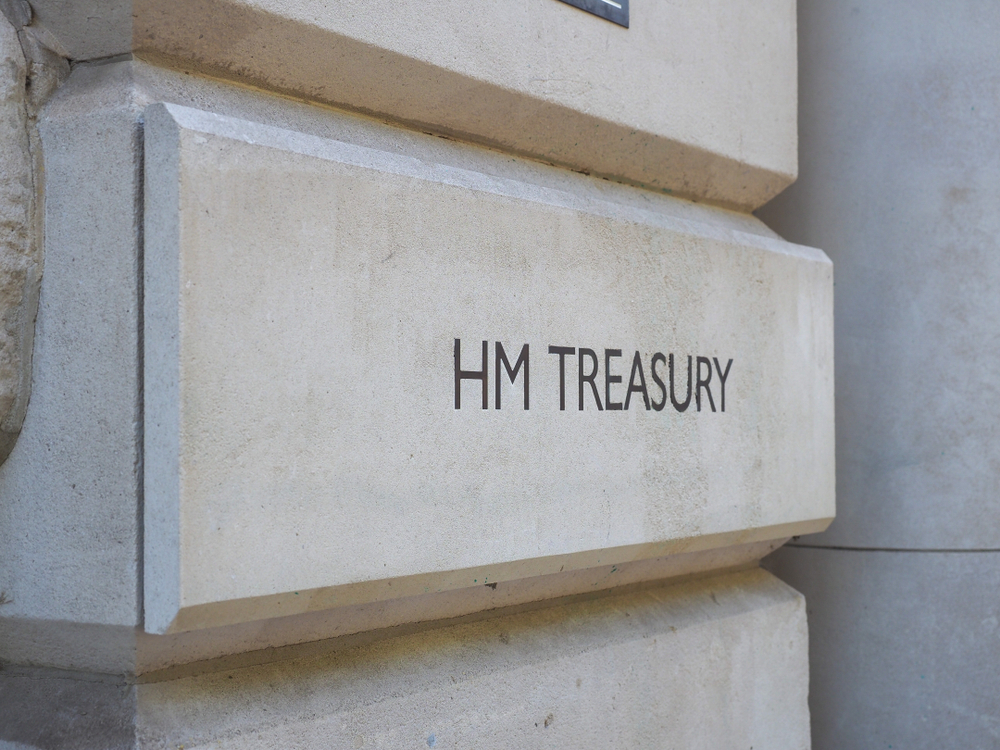Fuel poverty campaigners have reacted with shock to news that the new Chancellor will end the Energy Price Guarantee in April 2023.
A spokesperson for the End Fuel Poverty Coalition commented:
The country was already facing a financial cliff edge in April due to plans to end other support packages, but this cliff edge has now become even steeper.Without the Energy Price Guarantee, the Government will need to fundamentally reform the energy market alongside providing unprecedented levels of support for energy efficiency schemes and financial support for the most vulnerable.But any threat to people’s energy security is a threat to their health and wellbeing. If people cannot trust the Government to deliver the support it has promised, what trust can anyone have that they will keep people warm this winter and beyond?The need for the Government to provide additional support for the most vulnerable this winter has also not disappeared and we hope the Treasury quickly acts to reassure households.
Chaitanya Kumar, head of environment and the green transition at the New Economics Foundation, commented:
The biggest surprise in the chancellor’s statement is to scale back the energy price guarantee, the government’s flagship support programme. The unfrozen price cap is now expected to rise above £6,000 from April 2023, which creates a massive cliff edge for families.
The government should get support where it’s most needed and fix our broken energy market. One way of doing this is by entitling every family to a basic amount of universal energy at free or subsidised rates.
This can ensure that nobody is left to make choices between heating and eating while encouraging those who can afford it to reduce their energy use.
But the only long-term solution to real energy security is to help people cut their energy demand and the first step is to help insulate our homes.
There is still time to roll out an emergency insulation programme this winter that can save both families and the treasury billions.
Henry Gregg, Director of External Affairs at Asthma + Lung UK, said:
Removing the energy price guarantee will spark fear in people living with long-term lung conditions, such as asthma and COPD, who need to keep their homes warm to survive.
People who were already struggling with rising energy bills are now hanging on by a thread with no safety net in place beyond next spring. Millions of people in this country are already living in fuel poverty and an end to the bill freeze in April could negatively impact many, many more.
Lives are already being lost, the Government must act now to prevent further damage. It must commit to helping people with lung conditions, who need warm homes to survive, and provide financial support for people facing extra energy bills for life-saving medical equipment.
Juliet Philips from the E3G think tank tweeted:
▶️Essential gov gets ‘targeting’ right – huge risk that millions could fall through gap with simple metrics
▶️£2.5k is untenable for fuel poor – quantum must be increased for vulnerable
▶️Must boost investment in long-term solutions to lower bills; home retrofits & renewables https://t.co/8b19IDZghZ— Juliet Phillips (@_JulietPhillips) October 17, 2022
While National Energy Action called the plan, said the almighty trade-off “may provide confidence and certainty for markets, it could cause anxiety and doubt for households” leaving families “clinging on by their fingertips.”
Caroline Abrahams, Charity Director at Age UK, said:
It’s been hard keeping up with all the fiscal policy changes the last few days, but they seem to leave us in a position now in which nothing is guaranteed and with the Government increasingly warning of ‘hard choices to come’. This chilling outlook will be a huge concern for our older population, with only the healthiest and wealthiest able to view the future with equanimity.
Pensioners on low and modest incomes, or with high costs, have the most to worry about and for their sake we urge the Government to raise benefits in line with prices, not wages, and to extend help far enough up the income range so that the group once referred to by their party as ‘just about managing’, (i.e. not just those living below the poverty line) also get some support. The truth is that all these groups of older people, numbering several million, need an injection of additional cash to see them through the winter, not only from April 2023 onwards, when we trust that Ministers will keep their promise to reinstate the triple lock. Without more support between now and the spring though, the prospects for pensioners on low and modest incomes and with no savings are bleak, and we cannot see how they will be able to afford to buy even the basics. Without more help it seems certain that some will sink into deep hardship this winter unlike anything most of us have seen before.
Older people depend on being able to access good quality health and social care, and with the quality and availability of these services already severely compromised by shortages of staff and funding, the idea that there could be any further cuts to them is inconceivable. Both need more resources and a long-term sustainable plan for the future, not further cuts and uncertainty.
Like most of the older people we exist to help, at Age UK we are incredibly worried about what may be to come, and we implore the Government to stand with our older population through this crisis.

